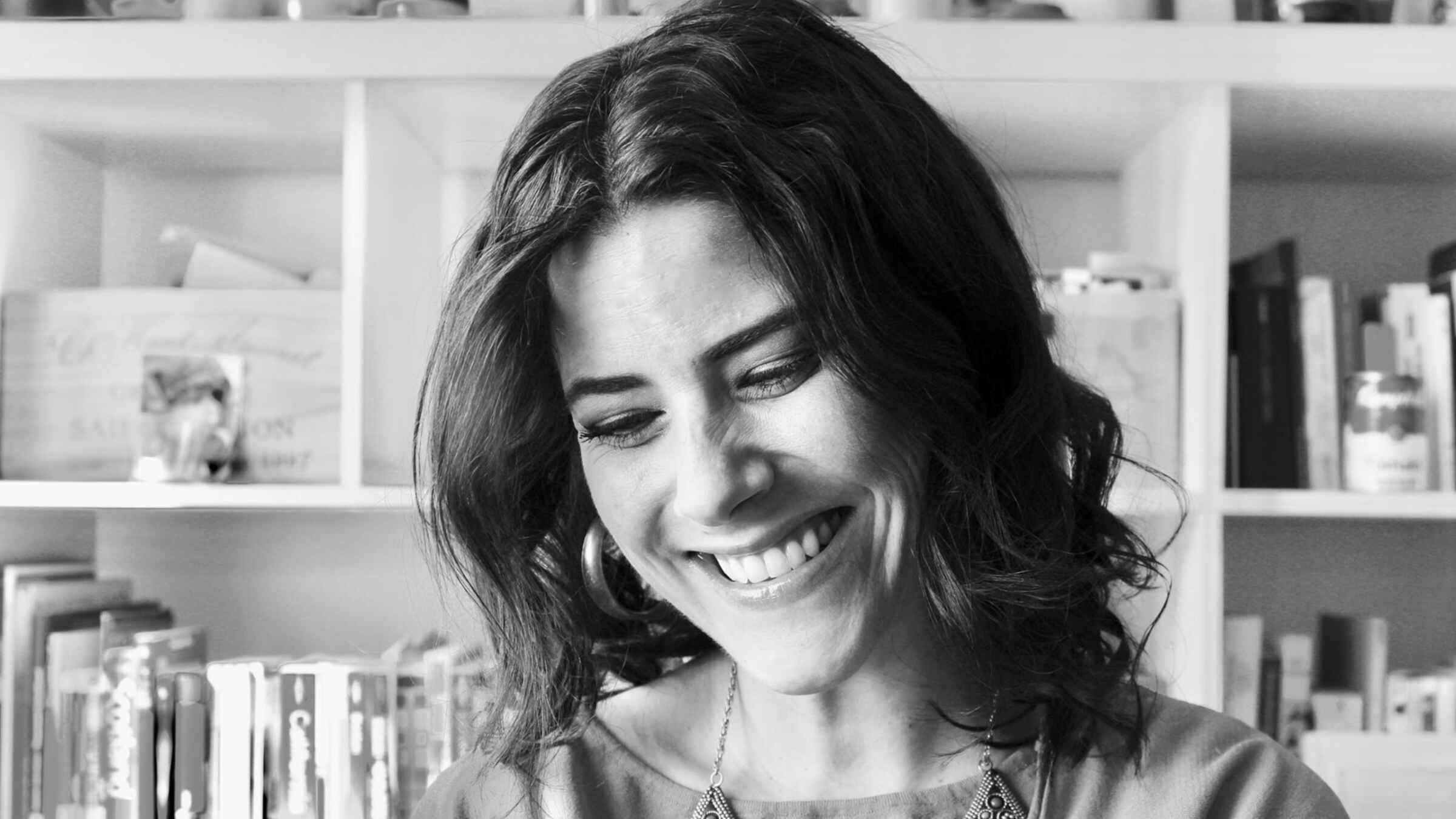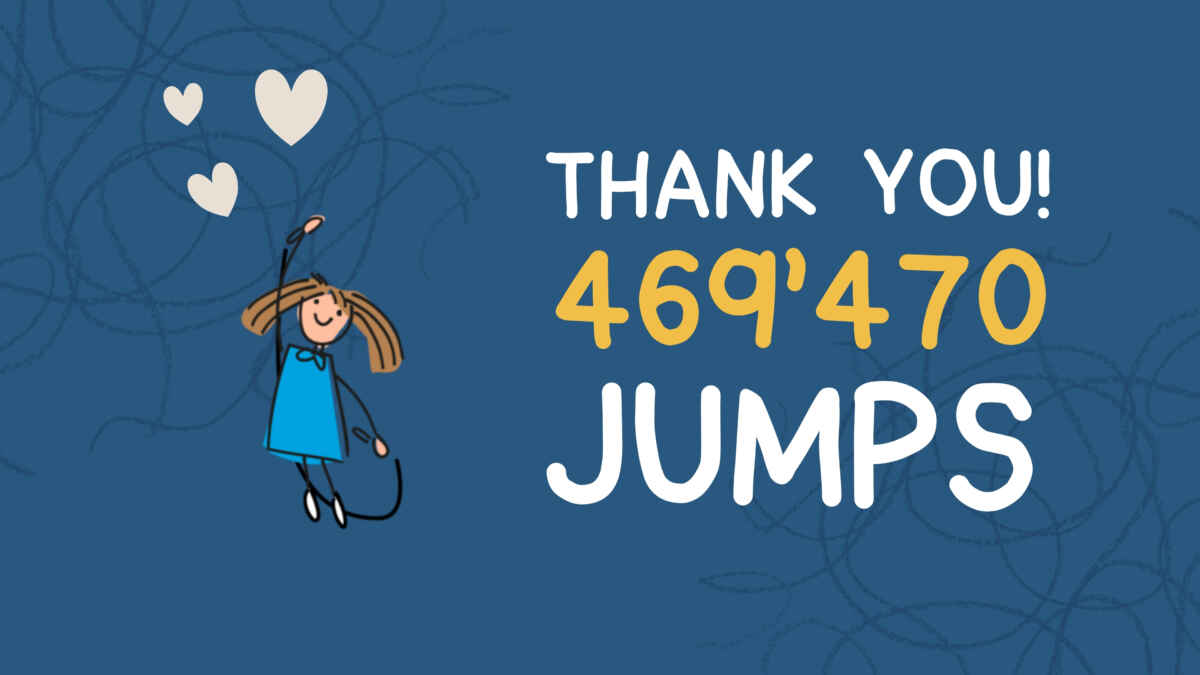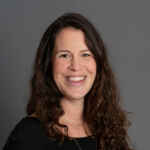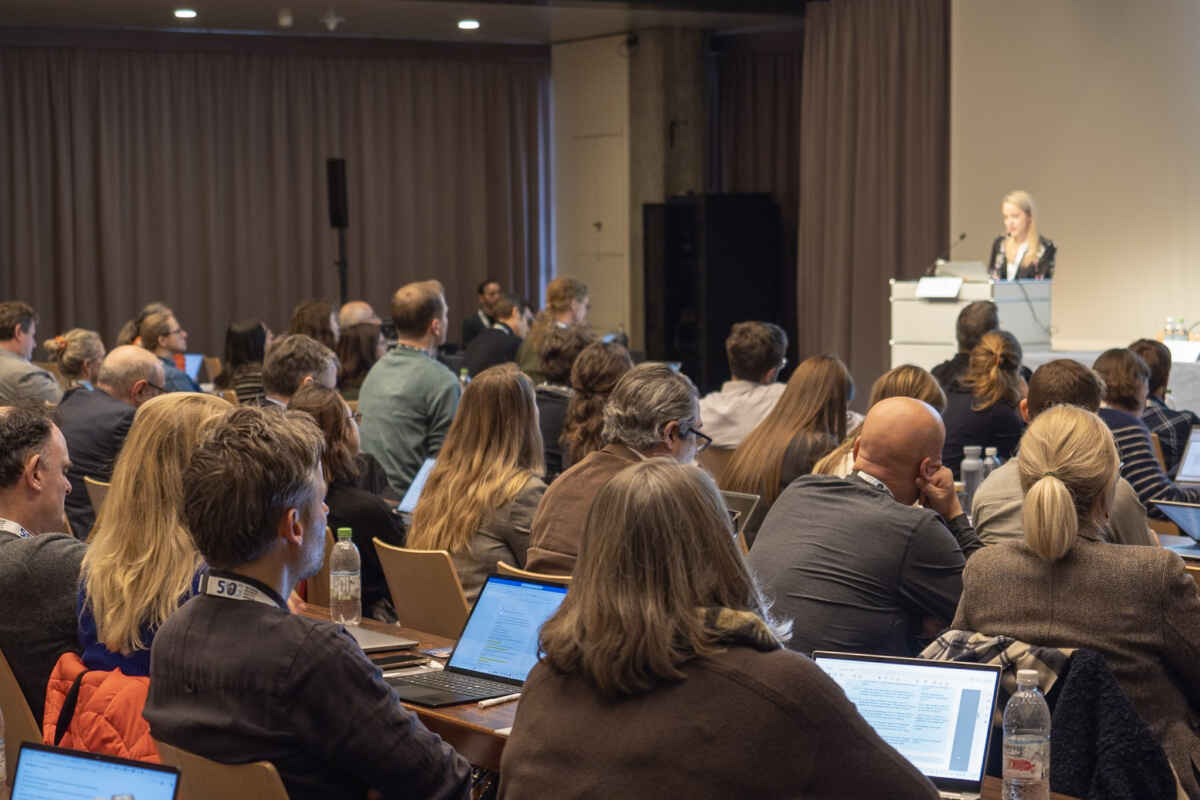Why did you decide to play an active role as an ambassador for SPOG?
I decided to get involved with SPOG because I have a young son and regard the fact that he’s always been healthy up to now as a huge privilege. To me, it’s not just about advancing research in childhood cancer because my son might get it one day, but also about supporting the children and adolescents who are already affected as well as their families. I see supporting organisations like SPOG as a form of solidarity.
How has your attitude to childhood cancer changed since your son was born?
Since having my son, I’ve been experiencing a whole new kind of love – and the fear that goes with it. The idea that something might happen to my son makes my heart skip a beat. Among these threats is childhood cancer.
What do you hope to achieve from your involvement in SPOG?
I’d like to help increase awareness and knowledge of childhood cancer among the general public.
What do you think you can do as a blogger and comedian to raise awareness of childhood cancer research?
I’d like to use my reach to increase awareness and knowledge of childhood cancer among the general public. What I do is of secondary importance here. But because of my work, I have a lot of followers in the same age group as me, many of whom are parents. So I think I’m reaching exactly the right audience.
Can you explain to us why SPOG’s work is so important for children and adolescents with cancer?
Without childhood cancer research, no child would survive a cancer diagnosis. That’s the reason why research is so important in creating new therapies and treatments – so more children and adolescents with cancer can be cured. What’s more, it can also successfully minimise side effects and complications.
How can people who, like you, want to get involved with SPOG and childhood cancer research make an active contribution?
SPOG is grateful to anyone and everyone who gets involved, either by donating or by sharing information on social media. People who learn about the topic and then talk about it with others also increase awareness of childhood cancer. This in turn helps advance childhood cancer research.






